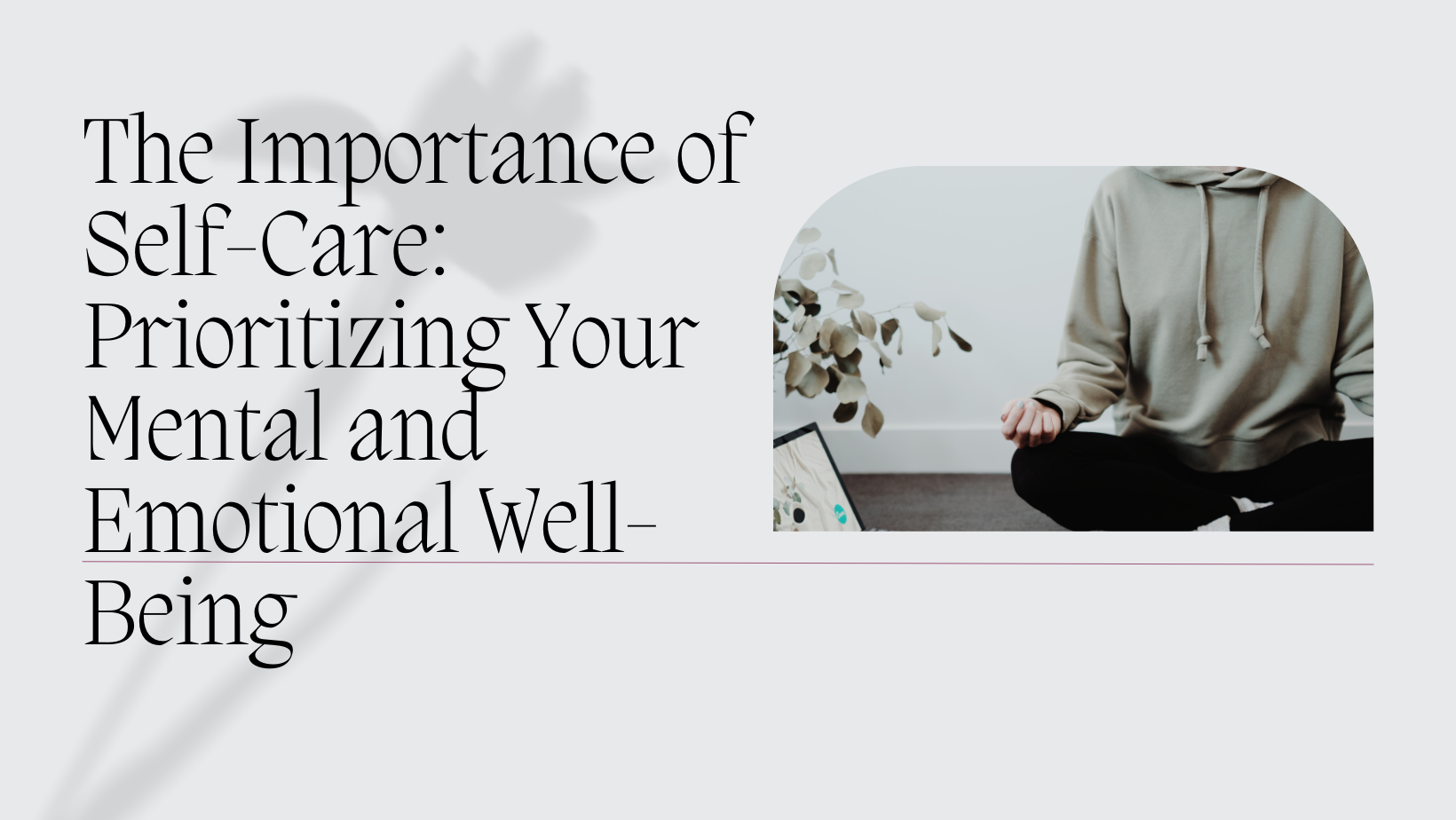The Silent Battles of Healthcare Workers
The Weight of Constant Care: Healthcare professionals are not just dealing with physical ailments; they often absorb the emotional and psychological distress of their patients. This emotional labor can lead to compassion fatigue and burnout.
High-Stress Environments: The fast-paced and high-stakes nature of healthcare work, especially in critical care and emergency settings, can be a significant source of stress and anxiety.
Pandemic Aftermath: The COVID-19 pandemic has left a lasting impact on healthcare workers, with many experiencing PTSD, grief, and exhaustion from the prolonged crisis.
The Impact on Personal Well-Being
Work-Life Imbalance: Long shifts and irregular hours often disrupt personal lives, leading to strained relationships and a lack of self-care time.
Stigma in Seeking Help: There’s a pervasive culture in healthcare that values resilience and stoicism, often discouraging workers from seeking mental health support.
Holistic Approaches to Healthcare Worker Wellness
Integrated Functional Health’s Holistic Mental Health Therapy: This therapy goes beyond traditional methods, incorporating Float Tank Therapy, Hypnosis, Nutrition, and more, to address the multifaceted nature of healthcare workers’ stress.
Empowering Healthcare Workers: The therapy focuses on overcoming negative core beliefs, releasing past trauma, and developing healthy relationships, empowering healthcare workers to take back control of their mental and emotional health.
The Journey to Emotional Freedom
Releasing Past Trauma: Healthcare workers often carry the trauma of their experiences. Holistic therapy provides a safe space to process and release these traumas, fostering healing and emotional freedom.
Developing Healthy Relationships: This approach helps healthcare workers improve their relationships, both professionally and personally, by addressing underlying issues and fostering better understanding and connections.
Taking Back Control
Building a Foundation of Success: The therapy aims to provide more than temporary relief; it’s about building a foundation for long-term success and well-being.
Strengthening Self-Confidence: By examining and rebuilding core beliefs, healthcare workers can rediscover their strength and resilience, enhancing their confidence in both their personal and professional lives.
The Benefits of Holistic Mental Health Therapy
- Reduction in Stress and Anxiety: Specifically tailored to address the unique stressors faced by healthcare workers.
- Improving Symptoms of Depression: Addresses the multiple contributing factors to depression in the healthcare setting.
- Resolving Past Trauma: A multifaceted approach that produces exceptional results in healing from trauma.
- Changing Thoughts, Feelings, and Behaviors: Accelerates the process of positive change, delivering better results in a shorter time.
- Building Better, More Meaningful Relationships: Enhances the ability to form healthy relationships in all areas of life.
In conclusion, the mental health of healthcare workers is a vital issue that needs attention and care. Integrated Functional Health’s Holistic Mental Health Therapy offers a comprehensive, empathetic approach to help healthcare professionals navigate their unique challenges. By empowering them with the tools and resources they need, we can ensure they continue to provide exceptional care while also taking care of their own mental and emotional well-being.
For more information on Integrated Functional Health’s Holistic Mental Health Therapy and how it can support healthcare workers, visit Integrated Functional Health.


